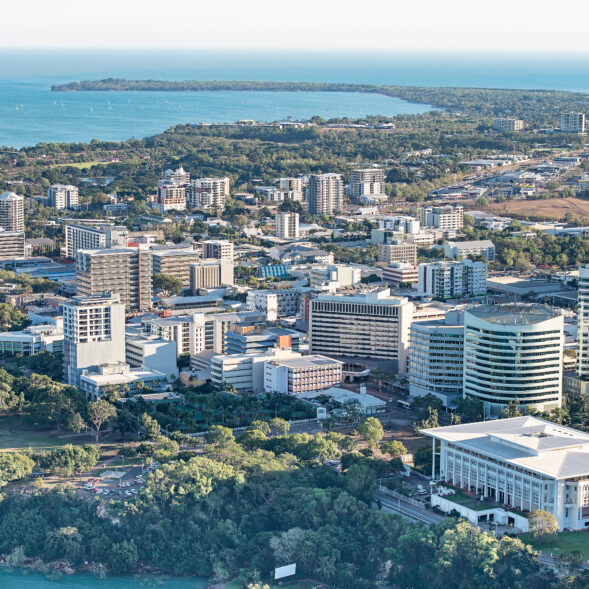Welcome to the June edition of Month in Review
For over a year, Australia has been dealing with challenging fiscal circumstances. Monthly increases in interest rates along with scrutiny around inflation saw commentators waiver on whether we are past the worst of the downturn or should instead prepare for more challenges.
While the public has become somewhat accustomed to unrelenting change, the last two rate increases by the Reserve Bank may prove to be the most significant.
Not too long ago, many commentators viewed a pause on rates in response to easing inflation as a sign the economy was rebounding, with even the most conservative commentators relaxing their stance.
However, the last two interest rate increases have dented recent gains in confidence. Many commentators have become more reserved over the past four weeks – a pivot from their positions earlier in the year. Now we’re hearing commentary about a looming recession, even if it’s short-term and “technical”.
While residential property prices should continue to prove resilient, I think the ramifications of what’s now occurring will be most dramatic in the commercial property sector.
Investment funds are approaching the end of the financial year – a time when performance is assessed so future direction can be defined. At present, I think those with assets in the office and retail sectors will be taking a more defensive approach heading into the next financial year. While office vacancies in Brisbane’s CBD have tightened, the same could not be said for Melbourne and Sydney, particularly for secondary office stock which needs to fight for every rental dollar. The hybrid work week is taking its toll and while future new supply is limited, demand looks set to remain subdued across many sub-sectors.
This feeds into the retail sector too. Less workers means reduced spending, particularly in inner-city areas. This is compounded by households becoming more prudent with their own budgets. Westpac reported on 19th June that they’ve now increased their predicted peak cash rate to be 4.6 per cent. Couple this with a 7.9 per cent drop in the Westpac-Melbourne Institute Consumer Sentiment Index and it’s apparent why the bank has lowered its economic growth forecasts for 2023 and 2024.
The upshot is that our medium-term economic outlook should be one of caution. Households and businesses are getting very serious about their balance sheets and budgets. In this environment, they’ll need to rely on independent, comprehensive advice from experienced professionals who work daily in their specialty fields. This will be the most effective strategy for navigating the challenges ahead.











